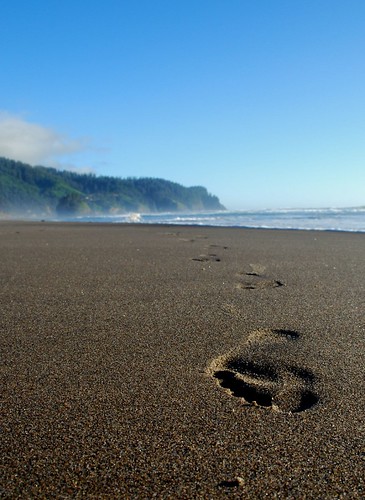In this day and age, time is of the essence.
Every day, I'm forced to consider how to make the best use of my time. I like to think that I manage my time fairly wisely. However, I always find I end up a few minutes short when it comes to having enough time to accomplish all of my daily goals. There just isn't enough time in the day. As much as Merlin Mann's 43 Folders blog helps me along with my efficiency and productivity, I still find I could use just a few more minutes each day...
This is a common complaint I hear from the teachers with whom I work - time is of the essence. Too many teachers shy away from emerging technologies and web tools because they feel that they just don't have the time. They don't see the fact that many of these tools can increase their productivity and lead them toward more creative and innovative ways to reach their goals and objectives.
How much of a difference could five more minutes make? This is an idea I've been pondering for some time now. I think it was probably triggered by a comment that Darren Kuropatwa made in one of the first K12 Online Conference podcasts released earlier this year. Darren mentioned a presentation he was asked to give for the administrators in his division. He was given five minutes to share his knowledge of blogging. Darren's first thought was that five minutes wasn't even enough time for a proper introduction - what more could be shared in only five minutes? But the longer he thought about it, the more he realized that it is possible to pack a wealth of information into only five minutes.
You can make a big difference with only five minutes - just watch Chris Lehmann's ignitePhilly presentation for proof of this:
Look at the growing popularity of TED Talks and all of the many steaming video services afforded by the web. YouTube is single-handedly changing our media viewing habits because we all crave what it has to offer - and we feel that we can spare a few minutes here and there much more easily than committing ourselves to a task that's much longer in duration.
If you had five minutes to make a difference, what would you do with it?
Five minutes to make a difference.
That's all I want...
That's all I want...
Thanks for reading,
Andy



